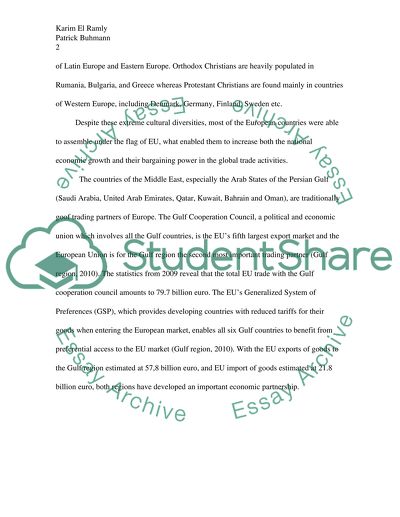Cite this document
(“EU&Middle East Essay Example | Topics and Well Written Essays - 3000 words”, n.d.)
Retrieved from https://studentshare.org/family-consumer-science/1411557-eumiddle-east
Retrieved from https://studentshare.org/family-consumer-science/1411557-eumiddle-east
(EU&Middle East Essay Example | Topics and Well Written Essays - 3000 Words)
https://studentshare.org/family-consumer-science/1411557-eumiddle-east.
https://studentshare.org/family-consumer-science/1411557-eumiddle-east.
“EU&Middle East Essay Example | Topics and Well Written Essays - 3000 Words”, n.d. https://studentshare.org/family-consumer-science/1411557-eumiddle-east.


